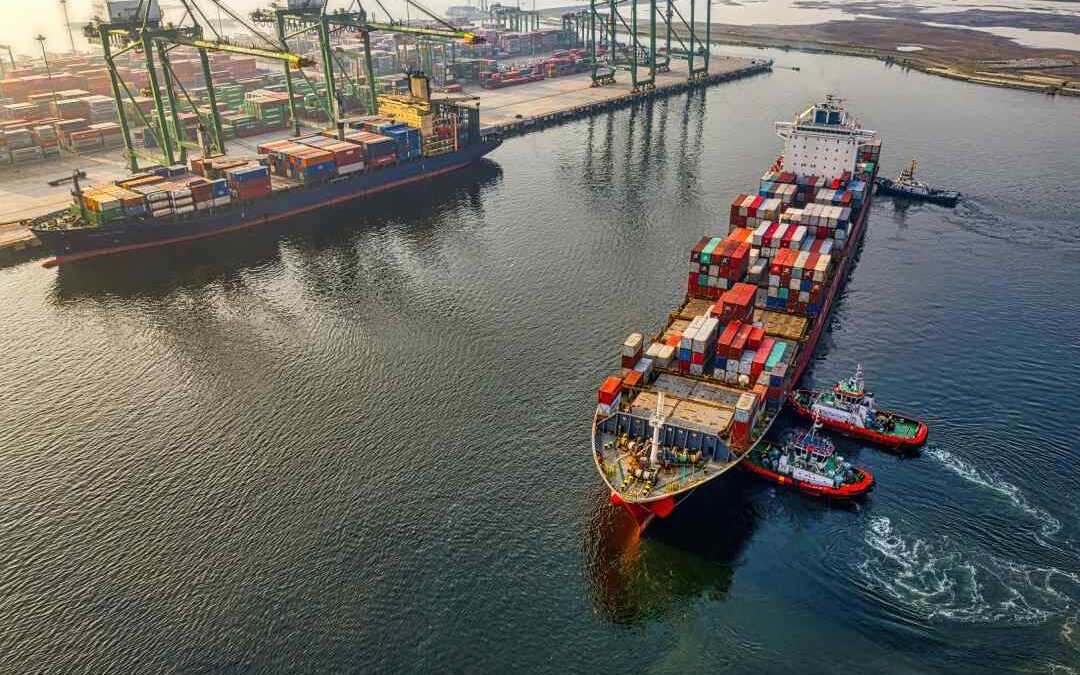New EU Green Rules to Hurt Developing Country Exporters
The Ecodesign for Sustainable Products Regulation (ESPR), recently adopted by the EU, mandates stricter environmental standards for a wide range of goods sold within the bloc.
A new European Union (EU) regulation aimed at boosting product sustainability is expected to hurt developing country exporters, a new report says. The Ecodesign for Sustainable Products Regulation (ESPR), recently adopted by the EU, mandates stricter environmental standards for a wide range of goods sold within the bloc.
The Global Trade Research Initiative, a Delhi-based think tank, warns that the ESPR could pose significant challenges for exporters from developing countries. The think tank cites the increased costs associated with meeting the EU’s stringent environmental standards and compliance requirements as major concerns. These costs could stem from necessary changes in production processes to meet the new regulations.
The report also suggests that the ESPR could lead to price hikes for consumers within the EU. Since many of the regulated products are everyday consumer goods, the additional costs associated with meeting the regulations could be passed on to shoppers, potentially contributing to inflation.
The European Commission, the EU’s executive arm, emphasizes that the ESPR aims to improve the environmental footprint of products sold in Europe. The regulation focuses on promoting circularity, energy efficiency, and other sustainability aspects throughout a product’s lifecycle.
The ESPR will be implemented in stages, with initial regulations targeting specific consumer goods like textiles, furniture, mattresses, tyres, detergents, paints, lubricants, iron, and steel starting in January 2026. By 2030, the regulation will encompass all products entering the EU market.
New Norms Will Be Effective From January 2026
Starting in January 2026, Indian exporters, along with exporters from other countries, will be required to include a QR code or barcode on their products destined for the EU market. This code will provide detailed information demonstrating compliance with the EU’s sustainability standards.
The ESPR’s focus on traceability through a digital product passport signifies the EU’s intent to ensure all products entering its market adhere to high environmental standards. This regulation has the potential to influence global trade practices by pushing manufacturers worldwide to adopt more sustainable production methods.
The ESPR is an expansion of the EU’s existing Ecodesign Directive, which previously only applied to energy-related products. Proposed over two years ago, the ESPR was officially adopted by the European Parliament and European Council in April and May 2024, respectively.
Read More
Trade War Intensifies as EU Ups Tariffs on Chinese Electric Vehicles to 38%
Sibi Sathyan
Related posts

Subscribe
Error: Contact form not found.

